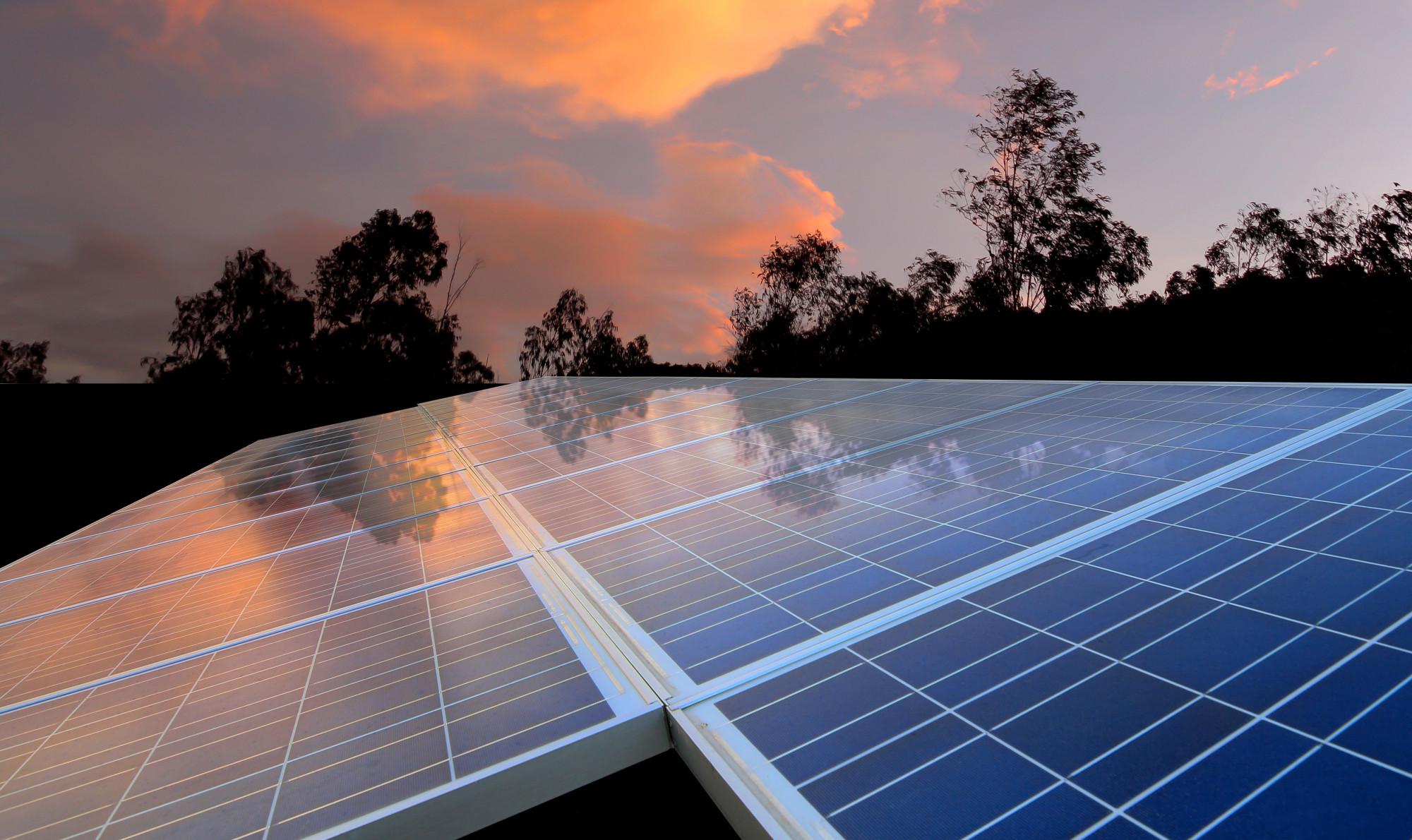Types of Hot Water Systems: Different types of systems and the advantages

1. Electric: Electric hot-water systems are the simplest and most common type of hot water system. They work by circulating heated water through a tank filled with cold water using electricity as the heat source. The electric current heats the water in the tank, which then goes through copper pipes to each fixture. This type of system is useful for homes that have several faucets because it keeps all of them at a consistent temperature without having to turn on individual valves or boilers to maintain different temperatures for different fixtures.
2. Tankless: A tankless hot-water heater uses a large gas or electric burner to heat up its internal reservoir instead of heating up an entire house’s plumbing system like an electric heater does. (A tankless heater can even be installed into existing piping.) It is more efficient than other types of systems and does not require any installation work, but it also costs more than its traditional counterparts because it requires more energy in order to heat up its internal reservoir.
3. Tank: A tank system is the most common type of hot water heater in homes and is still widely used today. This type of system uses a tank to store heated water, which then goes through copper or plastic pipes to each fixture. These systems can be either electric or gas-powered, depending on how much energy they use per gallon of hot water produced. They are more efficient than other types of systems and do not require any installation work; however, they must have multiple radiators that run all day long because they need constant temperature to heat up their stored water supply.
4. Gas: Most gas hot water heaters operate by heating up a fuel such as natural gas or propane inside its internal combustion chamber and then releasing it into an external burner for injection into the home’s piping system where it heats up the cold water in the pipes until it reaches a boil at each faucet . This type of heater does not produce electricity and is ideal for homes that do not have electricity, but it is much more expensive to operate than its electric counterparts.
5. Boiler: A boiler system heats up water in a receiver tank on the main floor of the home or basement level, which then goes through copper pipes to each fixture. These systems are very efficient because they heat up their entire piping system at once instead of heating up just one section at a time like other types of systems do; however, they require constant maintenance because they must be kept filled with water constantly to keep them from freezing during winter months.
6. Solar: A solar hot water system heater uses an array of solar panels on the roof or elsewhere on your home’s exterior (or even inside) to produce heat in order to supply heated water into your home’s plumbing system . It can save you money over time because it does not need any energy source besides sunlight; however, it requires several days' worth of sunlight during the summer to produce enough energy for even a small home.
7. Pool: A pool system is similar to a solar hot water heater because it uses an array of solar panels on the roof or elsewhere on your home’s exterior (or even inside) to produce heat in order to supply heated water into your home’s plumbing system . It can save you money over time because it does not need any energy source besides sunlight; however, it requires several days' worth of sunlight during the summer to produce enough energy for even a small pool.
8. Solar-Pool Hybrid: This type of system combines both a solar panel and a pool pump in one unit so that you do not have to worry about running out of power from either source alone. It works like most other types of systems, but saves homeowners money by using only half as much electricity than other types of systems use since they are already equipped with solar panels on their roofs and will also require less maintenance over time compared to other systems.
9. Geothermal: This is a high-end system that uses the natural heat of the earth (or ground) to heat up water in your home’s plumbing system . It can save you money over time because it does not need any energy source besides sunlight; however, it requires several days' worth of sunlight during the summer to produce enough energy for even a small home.
10. Hydronic: A hydronic system circulates hot water from a boiler on one side of your house through pipes and radiators inside your main living area, then back out through another pipe at each faucet . The hot water goes into an insulated storage tank , which then heats up until its internal temperature is sufficient enough to provide you with warm water at all times throughout the day and night.













